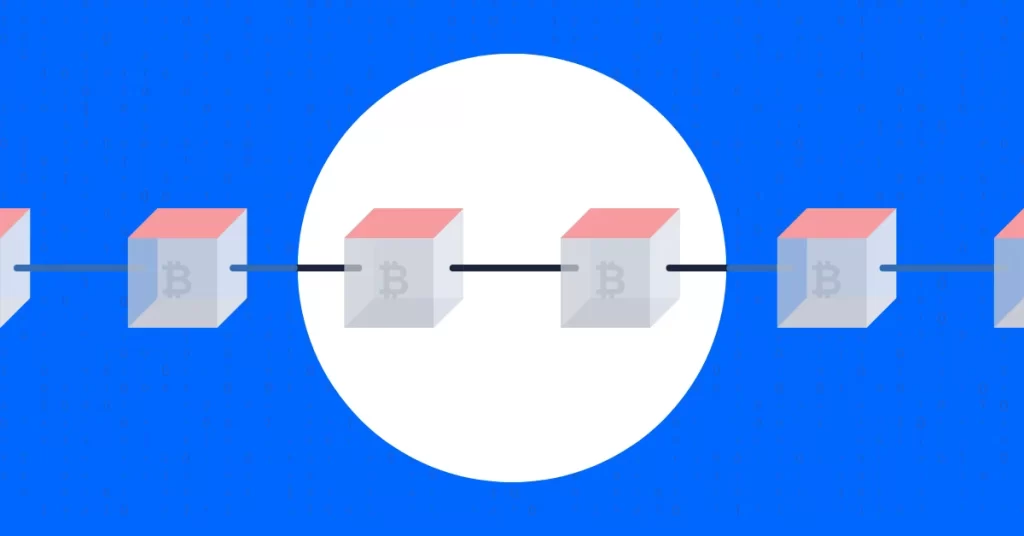
Disclaimer: The opinions expressed by our writers are their own and do not represent the views of U.Today. The financial and market information provided on U.Today is intended for informational purposes only. U.Today is not liable for any financial losses incurred while trading cryptocurrencies. Conduct your own research by contacting financial experts before making any investment decisions. We believe that all content is accurate as of the date of publication, but certain offers mentioned may no longer be available.
In a new tweet, crypto wallet provider Ledger has issued a security alert to its users. The crypto wallet provider has warned its users about a recent uptick in phishing attacks aimed at compromising wallet security.
“As the crypto world grows, so do the threats. phishing attacks are increasingly targeting crypto hodlers,” Ledger wrote in its tweet.
These attacks typically involve malicious actors trying to trick users into providing their private keys, passwords or other sensitive information, often through fake websites, emails or messages. Ledger, in its tweet, shared key steps for crypto holders to protect themselves and their assets.
Safety tips
Phishing is a deceptive tactic where attackers impersonate legitimate services to steal your sensitive information. This can occur via emails, fake websites or even social media messages.
Ledger highlighted how to spot the red flags and identify phishing attacks. First, suspicious emails might expose phishing scams. Crypto users should look out for poor grammar or unusual sender addresses.
Likewise, users should beware of unfamiliar links. They should always hover over links to check their authenticity. Urgent requests also pose a red flag. Legitimate companies will never ask users for their recovery phrases or private keys.
Other tips to stay safe include verifying sender information and always checking that emails come from a legitimate domain. Users should never share their recovery phrase: keep it private and offline — no exceptions.
They should use official apps for transactions and updates and regularly update their devices to protect against vulnerabilities and exploits.











